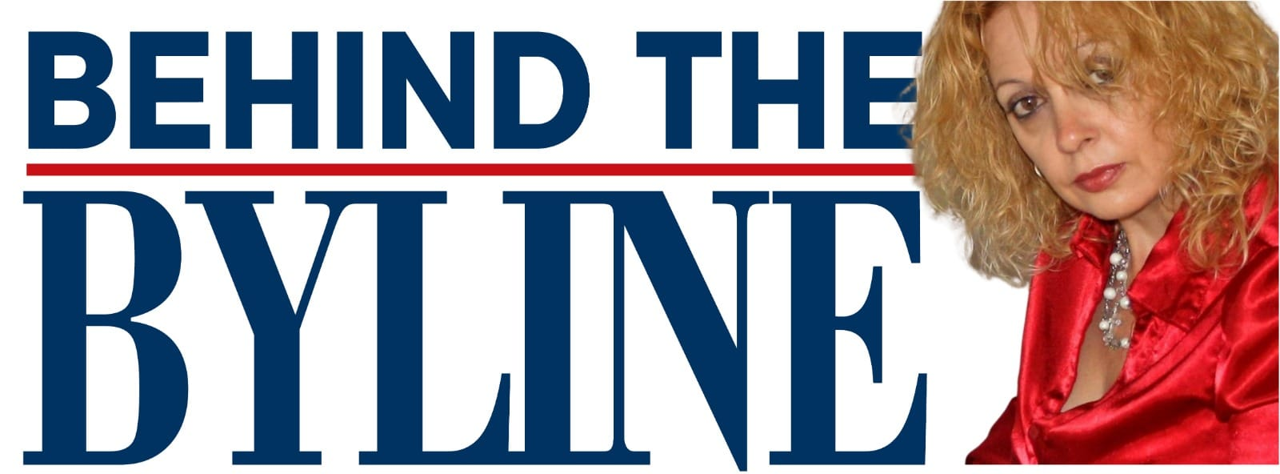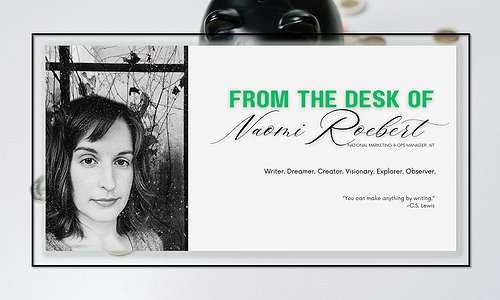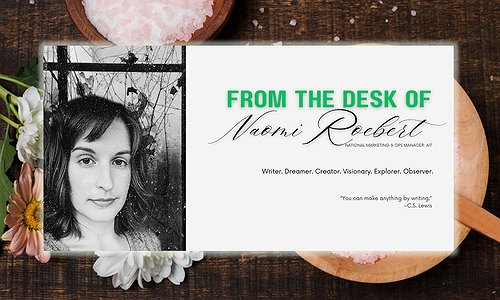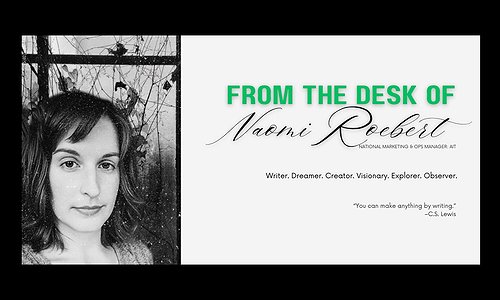Independent thinking and the quiet crisis of conformity

'If you can keep your head when all about you
Are losing theirs...'
So begins Rudyard Kipling’s timeless poem If, a blueprint for resilience, self-mastery, and, above all, individual sovereignty. I gave this poem to both my son and my daughter when they turned eighteen, and for many years, it hung on the wall of my office at the newspaper as a constant reminder of the values I wanted to live by and pass on. If, written over a century ago, remains uncannily relevant today in a world where independent thinking is under threat and conformity is too often the expectation.
Kipling’s challenge - to keep your head, to trust yourself, to meet triumph and disaster just the same - speaks directly to the core of what it means to be an independent thinker. It means standing firm when the crowd sways. It means holding fast to convictions when others fold under pressure or move with the herd out of fear.
Independent thinkers understand that sovereignty starts within, and they claim authority over their minds, their decisions, and their beliefs. They are not rebellious for the sake of rebellion, nor are they immune to influence, yet they reserve the final say for themselves, questioning, weighing, and discerning - always. They refuse to be bullied or intimidated into agreement, knowing that genuine conviction cannot be manufactured through pressure.
We need more independent thinkers, those not driven by ego or popularity, those not coaxed into compliance by the promise of acceptance or silenced by the fear of standing alone.
I will die on this hill, the one where social intimidation will not parade as virtue on my time and in my space, because whatever happens in this life, fear of people will not be made part of my blueprint, not even temporarily.
Today, I thank all those independent thinkers, those not silenced by a cult mentality. I thank you from a place of true understanding. Thank you for defending individual sovereignty and the spirit of If. Keep on trusting yourself, keep speaking when silence is safer, and thank you for all those roads you walk alone. Know and trust, always, that the future of any truly free society rests not with the crowd, but with the few who dare not only to point at the elephant in the room, but to question it.
If
by Rudyard Kipling
If you can keep your head when all about you
Are losing theirs and blaming it on you,
If you can trust yourself when all men doubt you,
But make allowance for their doubting too;
If you can wait and not be tired by waiting,
Or being lied about, don’t deal in lies,
Or being hated, don’t give way to hating,
And yet don’t look too good, nor talk too wise:
If you can dream - and not make dreams your master;
If you can think - and not make thoughts your aim;
If you can meet with Triumph and Disaster
And treat those two impostors just the same;
If you can bear to hear the truth you’ve spoken
Twisted by knaves to make a trap for fools,
Or watch the things you gave your life to, broken,
And stoop and build ’em up with worn-out tools:
If you can make one heap of all your winnings
And risk it on one turn of pitch-and-toss,
And lose, and start again at your beginnings
And never breathe a word about your loss;
If you can force your heart and nerve and sinew
To serve your turn long after they are gone,
And so hold on when there is nothing in you
Except the Will which says to them: ‘Hold on!’
If you can talk with crowds and keep your virtue,
Or walk with Kings - nor lose the common touch,
If neither foes nor loving friends can hurt you,
If all men count with you, but none too much;
If you can fill the unforgiving minute
With sixty seconds’ worth of distance run,
Yours is the Earth and everything that’s in it,
And - which is more - you’ll be a Man, my son!
"If" by Rudyard Kipling was first published in 1910.




